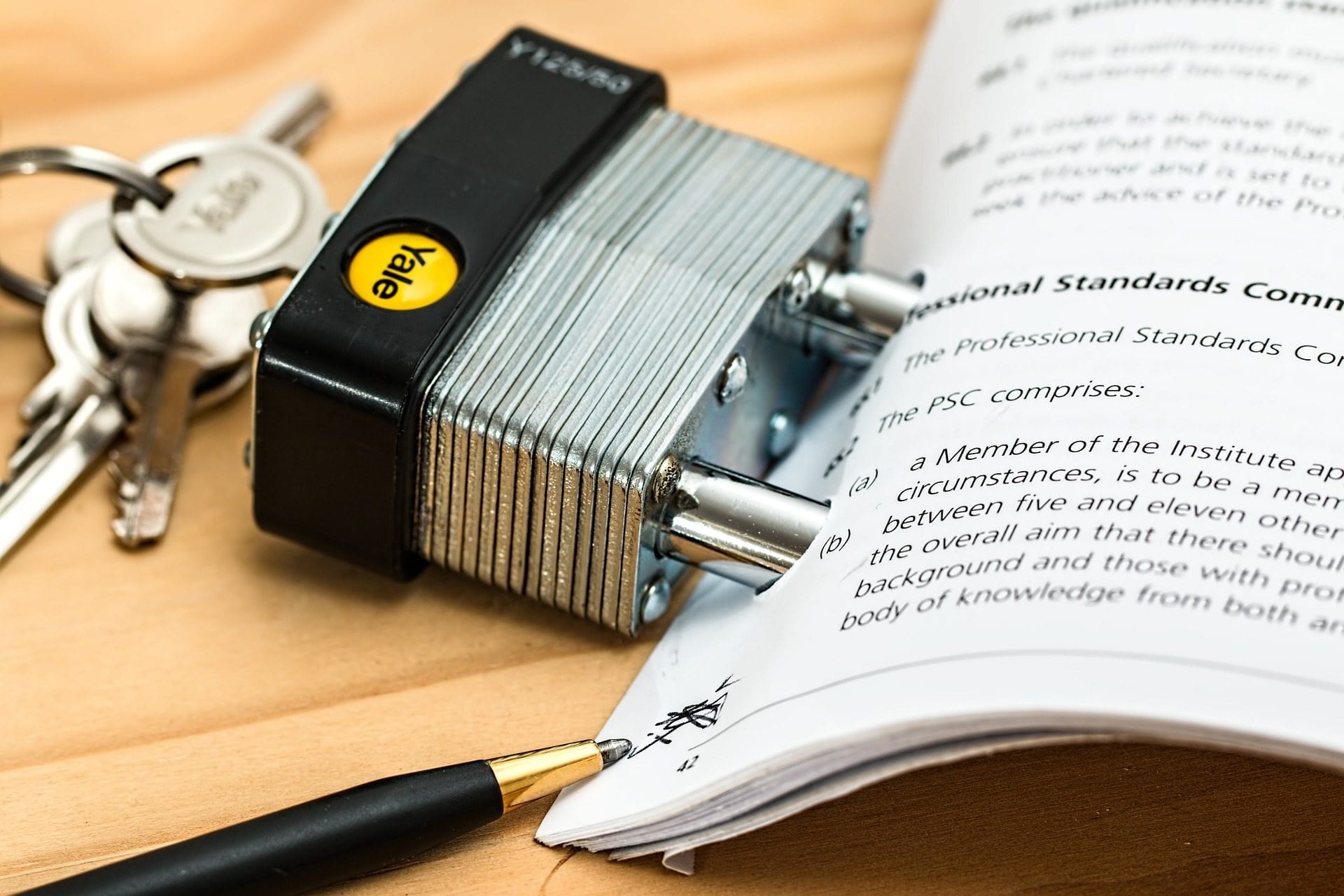Electronic signatures, and signing documents digitally, has some great benefits
Why are e-signatures & trust services important?
Businesses and individuals involved in commercial transactions or messaging activities need to have confidence in, and be trusting of, any communication that is sent in relation to that activity. This helps to ensure that documents sent electronically have not been altered in any way, that the sender can be easily recognised, and that the document has the necessary security.
Trust is the basis of business and commercial activity, and can be enhanced by the use of electronic signatures and trust services. Generally, electronic signatures and trust services can prove the origin of the communication or document, show whether a message has been altered and ensure messages remain confidential.
More and more businesses and individuals are using, or are seeking to use, electronic signatures and trust services and, with an increasing number of services available digitally, there will be continued growth in this market for some time to come.
What is an e-signature & why should you use one?
Electronic signatures deliver a way to sign documents in the online world, much like one signs a document with a pen in the offline world. Electronic signatures come in many forms, including:
- Typewritten
- Scanned
- An electronic representation of a handwritten signature
- A unique representation of characters
- A digital representation of characteristics, for example, fingerprint or retina scan
- A signature created by cryptographic means
Electronic signatures can be divided into three groups:
- Simple electronic signatures – these include scanned signatures and tickbox plus declarations.
- Advanced electronic signatures – these are uniquely linked to the signatory, are capable of identifying the signatory, and are linked to data within the signature that can detect any changes made.
Electronic Signatures & Trust Services
- Qualified electronic signatures – an advanced electronic signature that is created by a qualified electronic signature creation device, and which is based on a qualified certificate for electronic signatures.
Electronic signatures are only as secure as the business processes and technology used to create them. High value transactions need better quality electronic signatures – signatures used for these transactions need to be more securely linked to the owner in order to provide the level of assurance needed and to ensure trust in the underlying system.
Better quality electronic signatures can offer:
- Authentication – linking the signatory to the information
- Integrity – allowing any changes to the information provided to be detected more easily
- Non-repudiation – ensuring satisfaction (in a legal sense) about where the electronic signature has come from
What is a trust service & why should you use them?
In order to ensure the security and legal validity of an electronic activity, e-signatures are certainly important, but not always sufficient. Trust Services can offer:
- Electronic time stamping – this is data in electronic form which binds other electronic data to a particular time, providing evidence that such data existed at that time.
- Electronic seals – the electronic equivalent of a seal or stamp which is attached or incorporated into a document to guarantee its origin and integrity
- Electronic registered delivery service – this is a service enabling parties to exchange electronic data securely by protecting the data against risk of loss, theft, damage or any unauthorised alterations. The service also provides evidence relating to the handling of the transmitted data, including proof of delivery and receipt.
- Website authentication – a certificate that allows users to verify the authenticity of the website and its link to the entity/person owning the website
Further reading & reference
Electronic Signatures and Trust Services. Background Information by Department for Business, Energy & Industrial Strategy


